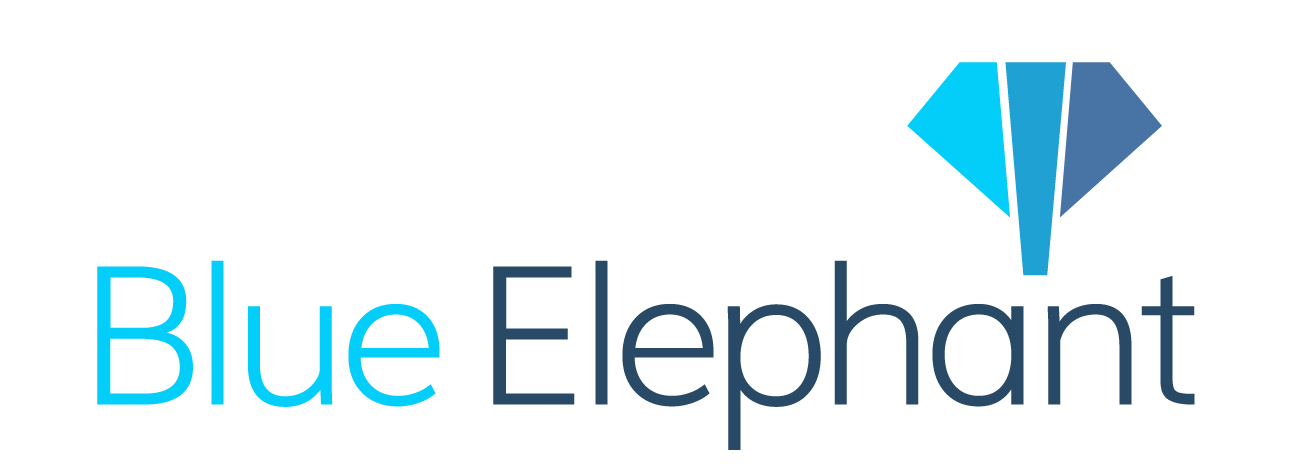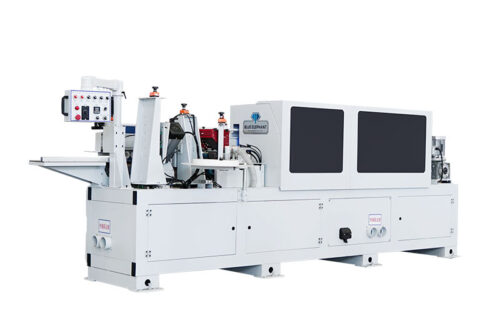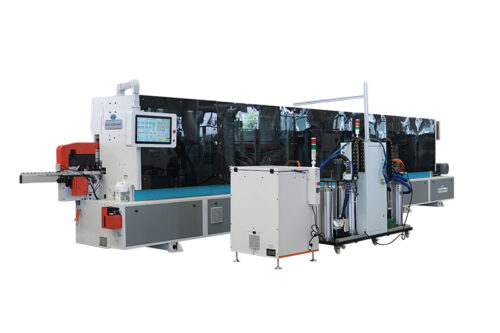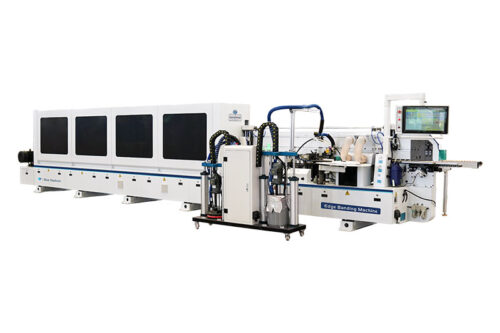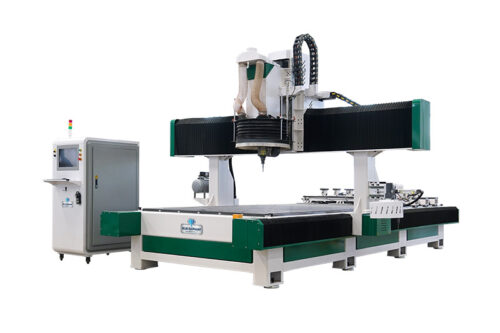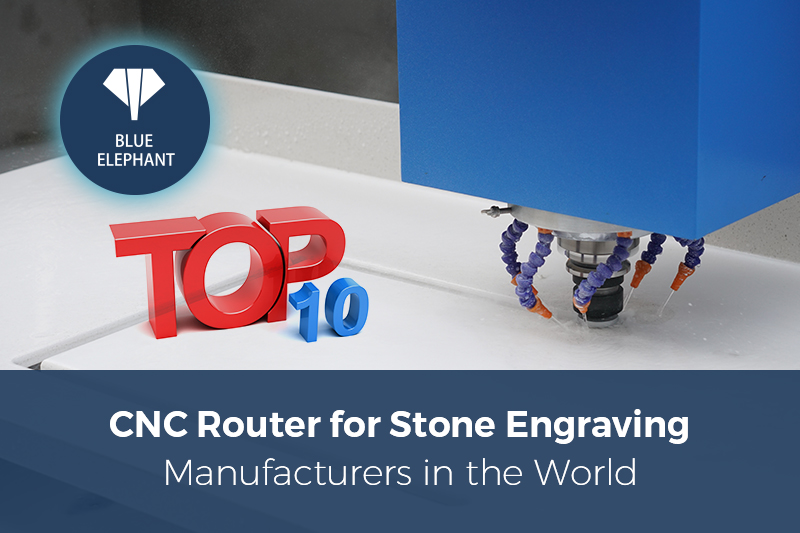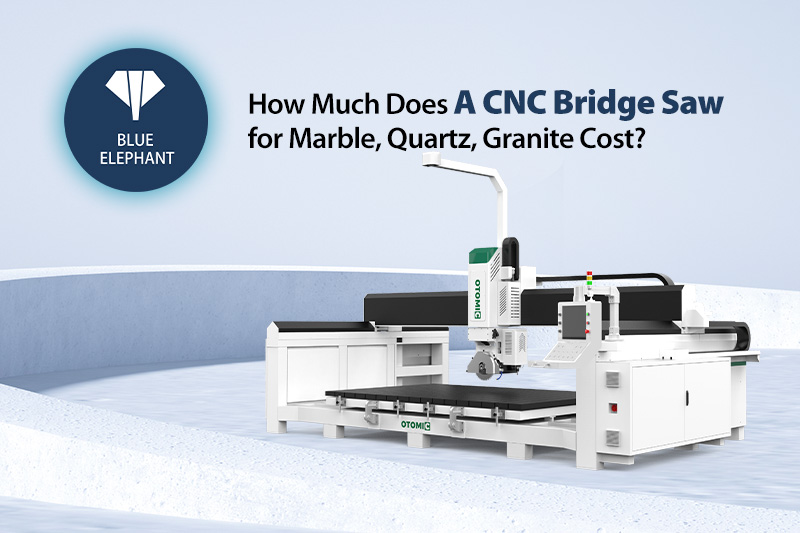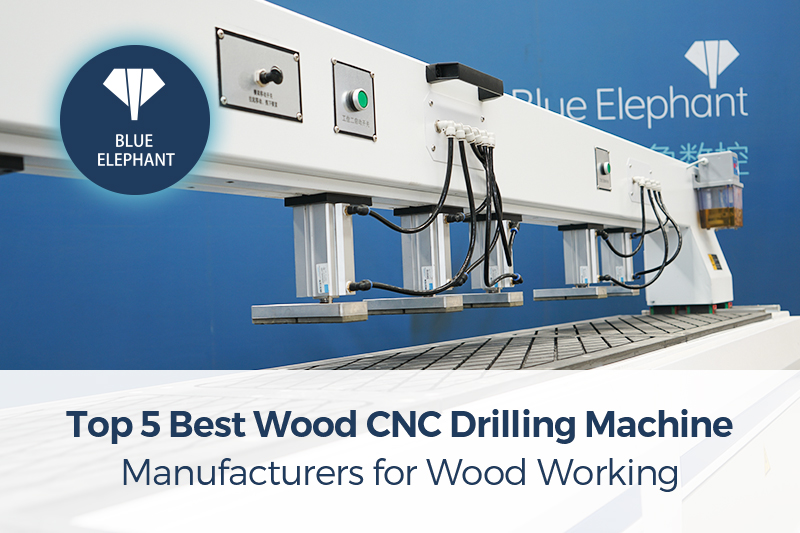A few years ago, I lost a 6-figure contract because of CNC machine errors. The problem? My team lacked proper certification and training. That lesson cost us, but it also led us to invest in the right credentials.
Certifications aren’t just a piece of paper—they’re proof of competence. In a world where precision matters, having certified CNC operators can make or break your bottom line.
This article is based on insights from manufacturers, CNC trainers, and hiring managers. It’s not just a list—it’s a resource to help you make informed hiring decisions.
I’ve rounded up the 8 best CNC certifications that matter. By the end of this article, you’ll know exactly which ones fit your needs.
So, let’s get started!
Quick Comparison Chart
Choosing the right certification depends on your team’s focus—whether it’s hands-on machining, automation, software integration, or financial credibility in partnerships. Here’s a side-by-side view to help you evaluate each option quickly and confidently:
| Certification Name | Core Focus | Ideal For | Delivery Method | Recognized By | Estimated Cost |
| NIMS CNC Machining Certification | Precision CNC machining & setup | Machine operators, technical training programs | In-person, hands-on | U.S. manufacturing & training institutions | $50–$125 per exam |
| Haas CNC Certification | Haas-specific machine training | Shops using Haas equipment | Online + in-person | Haas Automation, employers using Haas | Free (online), up to $1,000+ for advanced |
| AAA Credit Enterprise Ratings | Financial health verification | Manufacturers, suppliers, investors | External rating agencies | Global industries, supply chain managers | Varies by region/agency |
| AWS CNC Plasma Cutting Certification | Plasma cutting precision & safety | Welders, fabrication shops, CNC plasma ops | In-person + testing center | American Welding Society | $200–$500 exam, training extra |
| SACA CNC Certification | Industry 4.0 and smart automation | Modern CNC shops, advanced manufacturers | Hybrid (online + hands-on) | Automation-focused manufacturers | $100–$1,500 depending on level |
| Tooling U-SME CNC Certification | Well-rounded CNC training (basic to advanced) | Entry-level to advanced operators | Online + employer-sponsored | SME, widely respected across manufacturing | $150–$5,000 depending on track |
| Okuma CNC Certification | Okuma machine mastery + OSP controls | Operators in Okuma-equipped facilities | Factory training, technical schools | Okuma America, certified schools | $1,000–$5,000 depending on course |
| Autodesk Fusion 360 CNC Certification | CAM programming & workflow efficiency | Programmers, engineers, CAD/CAM teams | Online + classroom options | Autodesk & tech-forward manufacturers | $150–$1,500 depending on program |
This table offers a quick snapshot to help you match your business goals with the right certification. Evaluate based on your tech stack, workforce needs, and production strategy.
1. NIMS CNC Machining Certification
I learned the hard way that not all CNC operators are created equal. A few years ago, I hired a machinist with “years of experience.” Within a month, we were drowning in scrapped parts and machine downtime. Turns out, experience without proper training is just a gamble.
That’s when I discovered NIMS CNC Machining Certification—the gold standard in the industry. It’s not just a piece of paper. It’s proof that an operator knows what they’re doing, from setup to precision programming.
Advantages
If you want machinists who can hit precision tolerances, reduce costly mistakes, and keep your production running smoothly, NIMS is the way to go. It’s recognized across the manufacturing industry, meaning certified operators are trained to meet real-world production demands.
Here’s what makes it stand out:
- Hands-on Testing: No multiple-choice fluff—operators prove their skills on real CNC machines.
- Industry-Backed Standards: Designed by manufacturers, for manufacturers.
- Versatile Certification Levels: Covers CNC Milling, Turning, Setup & Programming, and more.
Who Should Get It?
If you’re looking to hire machinists, NIMS certification should be non-negotiable on their resume. If you’re training your existing team, this certification ensures they’re operating at the highest standard.
And if you want to eliminate waste, improve efficiency, and reduce errors? You already know the answer.
Cost
One of the best things about NIMS is that it’s cost-effective compared to other certifications. Pricing varies depending on the type of credential, but expect to pay $50–$125 per exam, with some training programs offering bundled pricing.
Considering the money lost from machine crashes, wasted materials, or inefficiencies, this is one investment that pays for itself—fast.
Certification Sources
NIMS certifications are offered at hundreds of accredited training centers, including technical schools, community colleges, and employer training programs. Many companies even partner with NIMS for in-house certification programs, ensuring their teams meet industry standards without leaving the shop floor.
If you’re serious about elevating your workforce, check with local NIMS-certified institutions or explore online options for theory-based training before the hands-on exams.
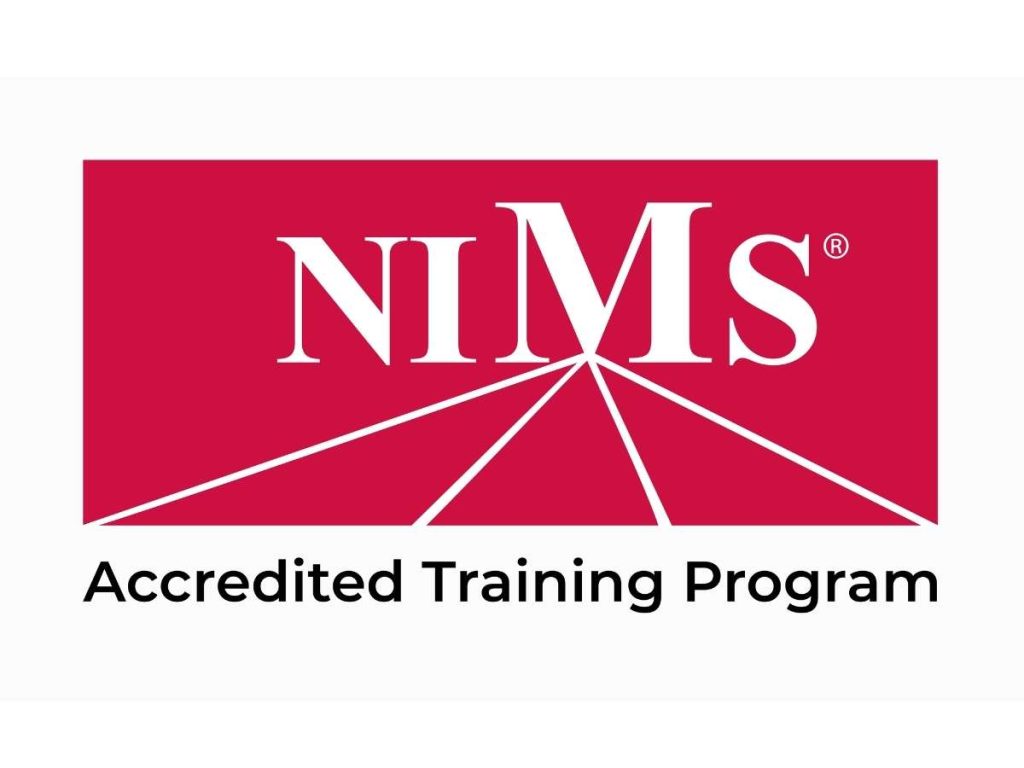
2. Haas CNC Certification
I’ll never forget the first time I walked into a shop running Haas machines. Everything was fast, precise, and efficient, the kind of production floor every manufacturer dreams of. But when I asked about their secret, the answer wasn’t just the machines—it was the training behind them.
That’s where Haas CNC Certification comes in. If you want operators who can maximize machine performance, reduce errors, and keep production flowing, this certification is a must.
Advantages
Haas is one of the most recognized names in CNC machining. Their certification isn’t just a general CNC course, it’s specifically designed for Haas machines, ensuring operators know how to get the most out of the equipment.
Here’s what makes this certification stand out:
- Machine-Specific Training: Operators learn exactly how to run, maintain, and troubleshoot Haas CNC machines.
- Online And In-Person Options: Flexible learning formats mean training can fit your company’s schedule.
- Industry-Recognized: Many manufacturers prefer or require Haas-certified operators for efficiency and precision.
Who Should Get It?
If your shop runs Haas machines, this certification is a no-brainer. It ensures that your operators understand the controls, tooling, and programming specific to Haas, leading to fewer mistakes and higher output.
For businesses looking to hire skilled machinists, a Haas certification on a resume means less training time and faster integration into your team.
Certification Covered
Haas offers comprehensive training that covers:
- Basic CNC Operation: Understanding the machine interface and control panel.
- Workpiece Setup: Proper fixturing, tool offsets, and calibration.
- G-Code Programming: Writing and modifying programs for efficiency.
- Troubleshooting & Maintenance: Preventing downtime before it happens.
This isn’t just theory—Haas-certified operators walk away with hands-on experience and real-world skills.
Cost
The best part? It’s free.
Yes, you read that right. Haas offers an online CNC certification program at no cost. For more advanced training, Haas Factory Outlets (HFOs) and partner schools offer in-person courses, which may have additional fees.
Considering how much production downtime costs, this certification is one of the smartest investments you can make—without spending a dime.
Certification Sources
Haas offers their online certification through their Haas CNC Certification Program, available on their website. For hands-on training, many Haas Factory Outlets (HFOs) and technical schools provide in-depth courses and certifications. If your team is running Haas machines, getting them certified should be a priority.
3. AAA Credit Enterprise Ratings
Imagine closing a deal with a new supplier, only to realize later that they’re financially unstable. Suddenly, production is delayed, orders are backed up, and your reputation is on the line. That’s a nightmare no business should face.
This is where AAA Credit Enterprise Ratings come in. It’s a trust signal, a way to verify that a company is financially reliable, stable, and capable of fulfilling contracts. In manufacturing, where supply chain disruptions can cost millions, partnering with the right businesses isn’t optional—it’s critical.
Importance
Not all suppliers and partners are created equal. Some may look solid on paper, but without a financial credibility check, you’re taking a risk. AAA Credit Enterprise Ratings eliminate that uncertainty.
- Financial Stability: Ensures a company can meet financial obligations without risk of collapse.
- Supply Chain Security: Protects against unreliable vendors that can disrupt operations.
- Industry Credibility: Demonstrates trustworthiness to partners, investors, and clients.
When every decision affects your bottom line, working with AAA-rated enterprises means fewer surprises and greater peace of mind.
Who Should Pay Attention To This?
If your company relies on suppliers, partners, or subcontractors, their financial health affects your business. AAA ratings are essential for:
- Manufacturers: Companies that produce machines, components, or materials—like Blue Elephant, a trusted CNC machine manufacturer—need to prove long-term financial reliability.
- Investors & Stakeholders: Reduces financial risks when evaluating business partnerships.
- Clients & Buyers: Confirms that a company has the resources to meet large-scale demands.
If you’re choosing partners without checking their credit rating, you’re gambling with your supply chain.
How Are AAA Ratings Determined?
AAA Credit Enterprise Ratings aren’t just handed out—they’re earned through a rigorous evaluation process. A company must demonstrate:
- Strong Financial History: Consistent profitability and low debt levels.
- Reliable Payment Record: No history of defaults, late payments, or insolvency.
- Operational Strength: Ability to sustain business through market shifts.
This isn’t just about numbers—it’s about proving financial resilience in real-world conditions.
Verifying this Rating
AAA ratings are issued by recognized credit agencies and financial institutions. They can often be found in:
- Business Credit Reports: Dun & Bradstreet, Experian, and similar agencies.
- Industry-Specific Certification Bodies: Some sectors have specialized credit rating institutions.
- Official Company Disclosures: Many AAA-rated companies proudly display their rating in investor relations or compliance reports.
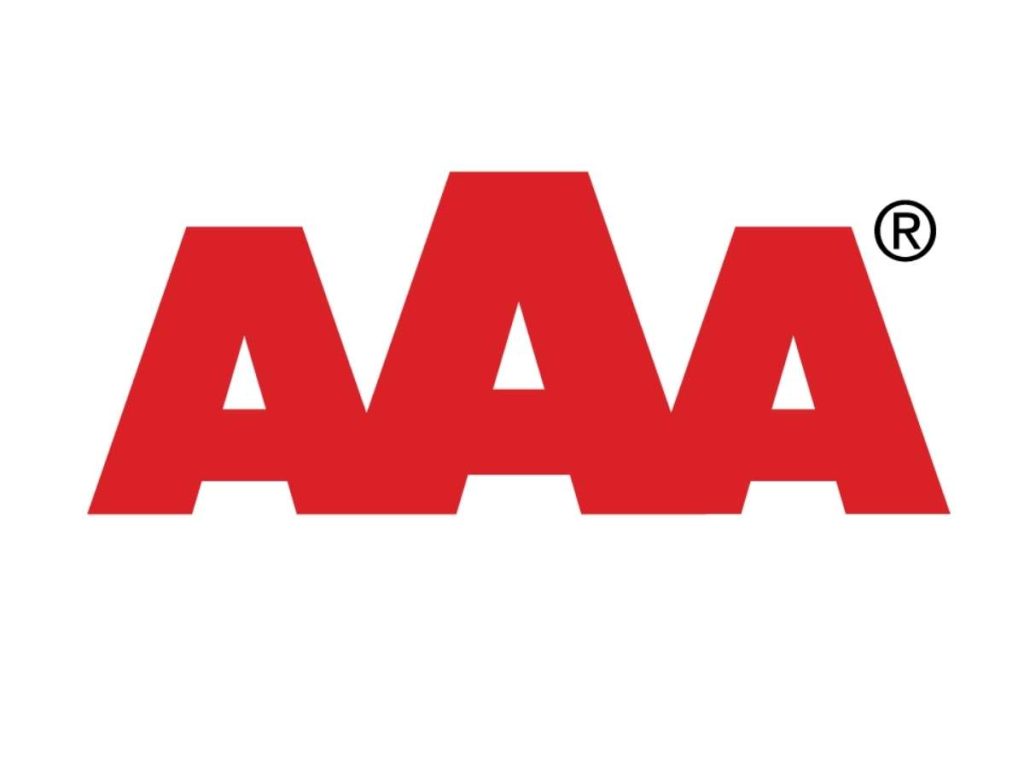
4. American Welding Society (AWS) CNC Plasma Cutting Certification
Precision cutting isn’t just about getting the job done—it’s about getting it done right, every single time. A slight miscalculation in a CNC plasma cut can mean wasted materials, costly delays, and compromised product quality. And in high-stakes industries like aerospace, construction, and automotive manufacturing, those mistakes aren’t just expensive—they’re unacceptable.
Importance
CNC plasma cutting is an advanced skill. It takes more than pushing a button to achieve clean, accurate, and consistent cuts. AWS certification ensures that operators have the training to deliver the best results with the least waste.
- Quality Assurance: Reduces errors, rework, and material waste.
- Operator Safety: Certified professionals follow industry-best safety protocols.
- Industry Credibility: AWS is the gold standard in welding and cutting certifications.
Who Should Get This?
If your business relies on CNC plasma cutting, you need certified professionals to ensure accuracy, efficiency, and safety. This certification is essential for:
- Manufacturers: Ensures operators can produce high-quality cuts with minimal defects. At Blue Elephant, we are proudly AWS-certified, reflecting our commitment to delivering precision-built CNC machines backed by industry-recognized standards.
- Fabrication Shops: Guarantees that custom parts meet strict tolerances.
- Construction & Infrastructure Companies: Prevents costly errors in steel cutting.
Certification Covered
AWS CNC Plasma Cutting Certification isn’t just about theory—it’s about proving real-world skills. Operators must demonstrate:
- Machine Setup & Operation: Understanding plasma torch components and parameters.
- Cutting Techniques: Achieving precise cuts on different materials and thicknesses.
- Safety Standards: Proper handling of equipment to prevent hazards.
- Troubleshooting & Maintenance: Diagnosing and fixing common cutting issues.
Cost
AWS certification costs vary depending on location and training provider, but you can expect:
- Exam Fees: Typically between $200–$500, depending on certification level.
- Training Costs: Some employers cover the cost, while independent candidates may pay $1,000–$3,000 for comprehensive training.
Certification Sources
AWS CNC Plasma Cutting Certification is available through AWS-accredited testing facilities, vocational schools, and industry training programs. Many manufacturers also offer in-house training to certify their workforce. If your business depends on CNC plasma cutting, finding a certified training program should be a top priority.
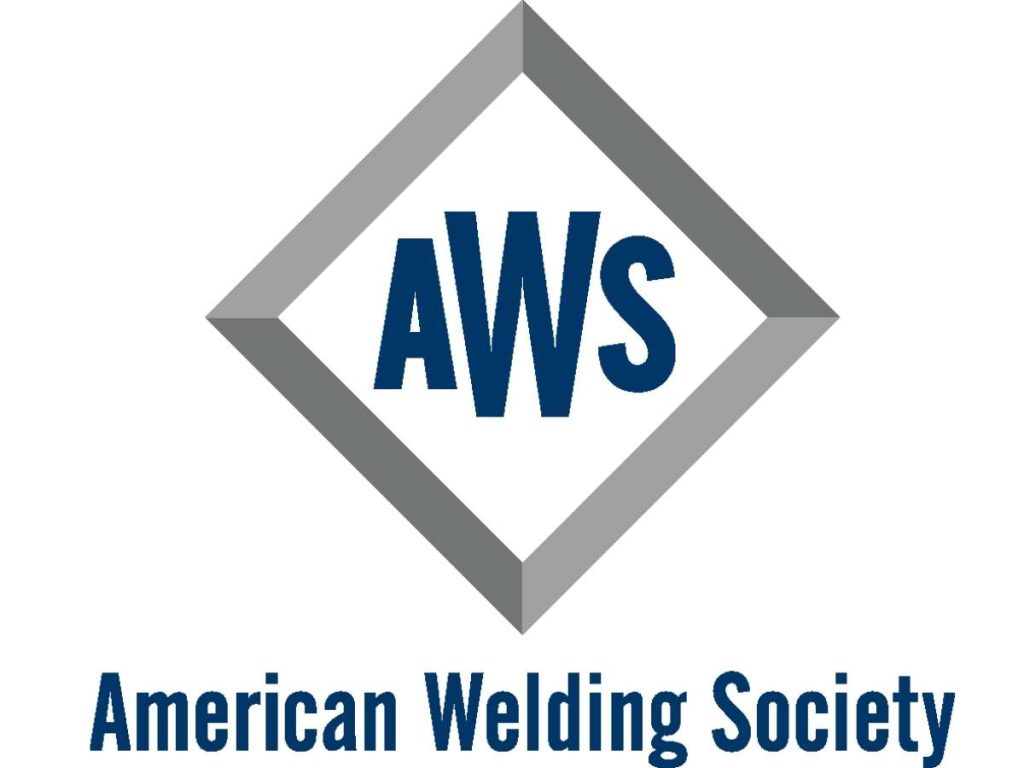
5. Smart Automation Certification Alliance (SACA) CNC Certification
Automation is no longer the future—it’s the present. The manufacturing industry is evolving at a pace we’ve never seen before, and CNC machining is at the center of this transformation.
But here’s the problem: not all CNC operators are ready for the shift to smart manufacturing. That’s exactly why the Smart Automation Certification Alliance (SACA) CNC Certification was created.
Importance
Traditional CNC skills are no longer enough. The industry is moving toward automated systems, robotics, and connected machines—and the companies that don’t adapt will be left behind.
SACA certification proves that an operator understands modern CNC processes and can work within smart manufacturing environments. It covers:
- Industry 4.0 Integration: Understanding how CNC machining fits into an automated production line.
- Data-Driven Manufacturing: Using real-time analytics for efficiency and quality control.
- Connected Systems & IoT: Operating machines that communicate with other digital systems.
Who Should Get This?
If your business is investing in automation, robotics, or digital manufacturing, you need operators who can keep up. This certification is designed for:
- Manufacturers Adopting Industry 4.0: Ensures your team is trained for the new era of CNC machining.
- Automation-Driven Companies: Bridges the gap between CNC and smart technologies.
- Employers Looking for Highly Skilled Operators: Reduces the need for additional training.
If your operators aren’t trained in smart automation, how can they help your company move forward?
Certification Covered
SACA CNC Certification isn’t just about running machines—it’s about optimizing production in a digital world. The program includes:
- CNC Programming & Setup: Understanding modern control interfaces and machine automation.
- Machine Connectivity & IoT: Learning how smart CNC machines interact with data systems.
- Process Optimization & Efficiency: Using automation to reduce downtime and waste.
- Predictive Maintenance: Leveraging data analytics to prevent machine failures.
Cost
SACA offers different levels of certification, and pricing varies based on exam level, training provider, and industry partnerships. Typical costs include:
- Basic Level Certifications: Around $100–$250 per exam.
- Advanced Industry 4.0 Certifications: Ranging from $500–$1,500, depending on coursework.
- Training Costs: Many employers subsidize or fully cover training costs for employees.
Certification Sources
SACA certifications are available through:
- Technical Colleges & Industry Training Centers: Many schools now include SACA in their CNC automation programs.
- Employer-Sponsored Training: Companies integrating automation often provide on-site certification programs.
- Online & Hybrid Programs: Digital coursework combined with hands-on assessments.
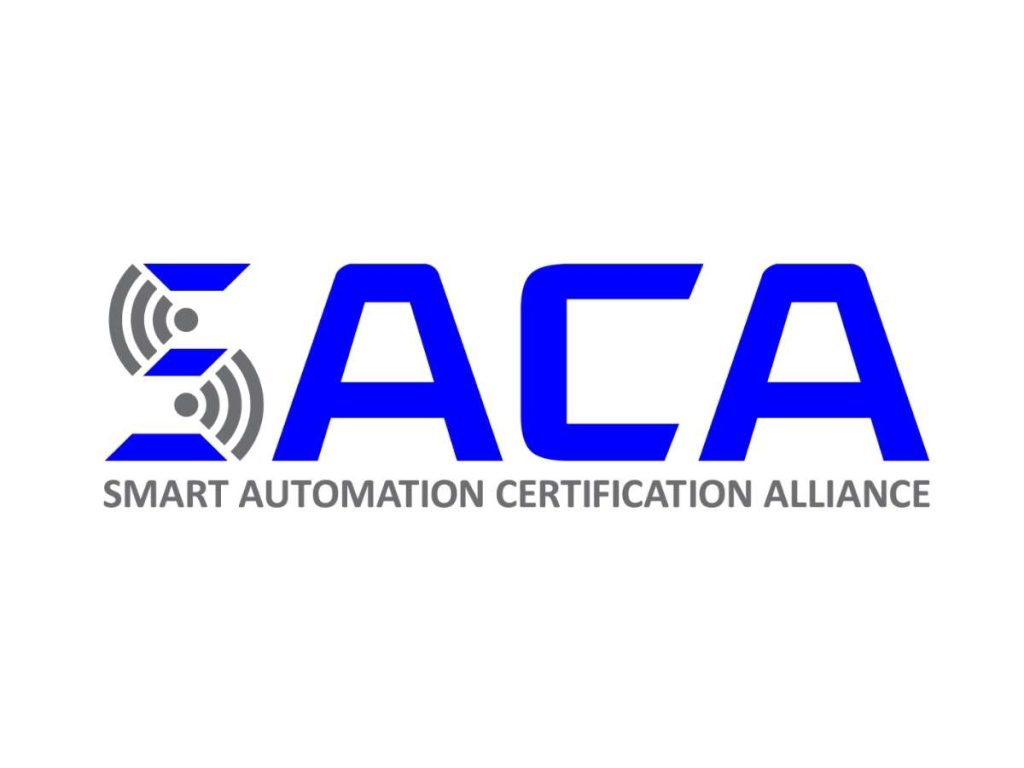
6. Tooling U-SME CNC Certification
Ask any manufacturer what their biggest challenge is right now, and you’ll likely hear the same answer: skilled labor shortages. Finding CNC operators who not only know the basics but can also adapt to modern machining technologies isn’t easy.
That’s where the Tooling U-SME CNC Certification steps in. Designed by the Society of Manufacturing Engineers (SME), this certification isn’t just about proving skills—it’s about building a stronger, more capable workforce ready for the demands of today’s manufacturing.
Importance
Many CNC training programs focus only on machine operation, but Tooling U-SME goes further. It blends hands-on training with in-depth coursework, covering everything from foundational CNC skills to advanced programming and automation. Here’s why this certification stands out:
- Comprehensive Training: Covers CNC setup, operation, programming, and troubleshooting.
- Flexible Learning Options: Online courses, instructor-led training, and hands-on labs.
- Industry-Recognized Credentials: SME is a trusted name in manufacturing education.
Who Should Get This?
If your company is struggling to find skilled, adaptable CNC operators, this certification can be a solution. It’s designed for:
- New CNC Operators: Provides structured learning for those entering the field.
- Experienced Machinists Looking To Upskill: Enhances skills in programming, troubleshooting, and automation.
- Employers Seeking Workforce Development: Reduces training time and increases efficiency.
Certification Covered
Unlike basic operator training, Tooling U-SME dives deep into CNC machining, focusing on:
- CNC Machine Setup & Operation: Ensuring efficiency from the start.
- G-Code & CAM Programming: Teaching operators how to optimize production.
- Advanced Machining Processes: Covering multi-axis machining and precision cutting.
- Workforce Readiness: Instilling problem-solving and continuous improvement skills.
Cost
Pricing varies based on the level of certification and whether a company or individual is funding the training. Costs typically include:
- Individual Online Courses: Ranging from $150–$500 per course.
- Full Certification Programs: $2,000–$5,000, depending on training depth.
- Company Training Programs: Many employers offer customized workforce training solutions.
Certification Sources
Tooling U-SME certification is available through:
- Online Training Programs: Self-paced courses accessible from anywhere.
- Technical Colleges & Training Centers: Hands-on instruction with SME-approved curricula.
- Employer-Sponsored Training Programs: Many manufacturers integrate Tooling U-SME into their workforce development initiatives.
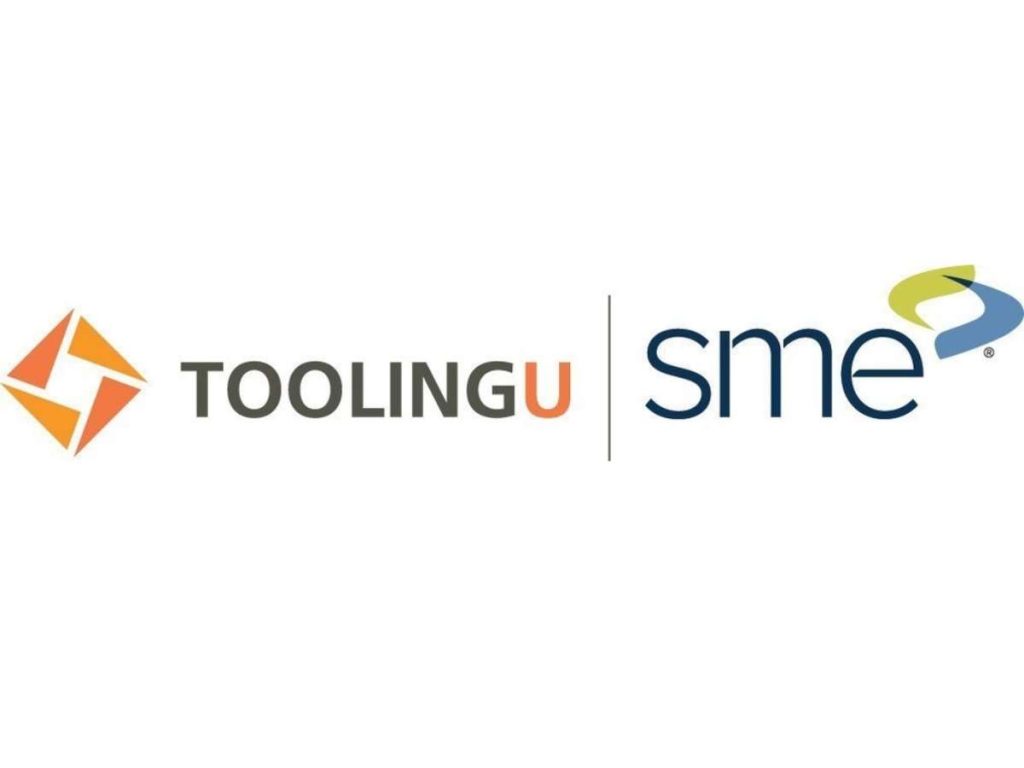
7. Okuma CNC Certification
This certification isn’t just about proving basic CNC skills—it’s about mastering the specific capabilities, controls, and automation features of Okuma machines. Because when your operators know their equipment inside and out, you get higher productivity, fewer errors, and less downtime.
Importance
Not all CNC machines are built the same. Okuma is known for its high-precision, high-performance machining centers—but without skilled operators, even the best technology won’t deliver results. Here’s what sets the Okuma CNC Certification apart:
- Machine-Specific Expertise: Operators train directly on Okuma machines, not just generic CNC concepts.
- Advanced Control Training: Focuses on the OSP-P control system, unique to Okuma machines.
- Industry Recognition: Many manufacturers using Okuma machines require certified operators for hiring.
If your shop relies on Okuma technology, certification ensures your workforce is using it to its full potential.
Who Should Get This?
If you run an Okuma-equipped production facility, this certification is a must-have for:
- New CNC Operators Learning Okuma Machines
- Experienced Machinists Needing Specialized Training
- Employers Looking To Reduce Training Time
Without proper Okuma training, your machines aren’t running at full efficiency—which means you’re leaving money on the table.
Certification Covered
The Okuma CNC Certification Program provides hands-on, machine-specific training, covering:
- OSP-P Control System Training: How to efficiently program and operate Okuma’s proprietary control system.
- Machine Setup & Operation: Step-by-step instruction on workholding, tool selection, and machine optimization.
- Okuma-Specific Maintenance & Troubleshooting: Preventative maintenance and quick issue resolution.
- Automation & Smart Factory Integration: How to integrate Okuma machines into Industry 4.0 workflows.
Cost
Okuma training costs depend on location, training level, and course selection:
- Basic Operator Training: Starts at $1,000–$2,500 per course.
- Advanced Programming & Maintenance Courses: Can range from $3,000–$5,000.
- Company-Sponsored Programs: Many manufacturers cover the cost to upskill employees.
Certification Sources
Okuma CNC Certification is offered at:
- Okuma Training Centers: Direct factory training programs with expert instructors.
- Technical Colleges & Vocational Schools: Many schools with CNC programs include Okuma-specific training.
- Employer-Sponsored Programs: Some manufacturers arrange on-site Okuma certification for employees.
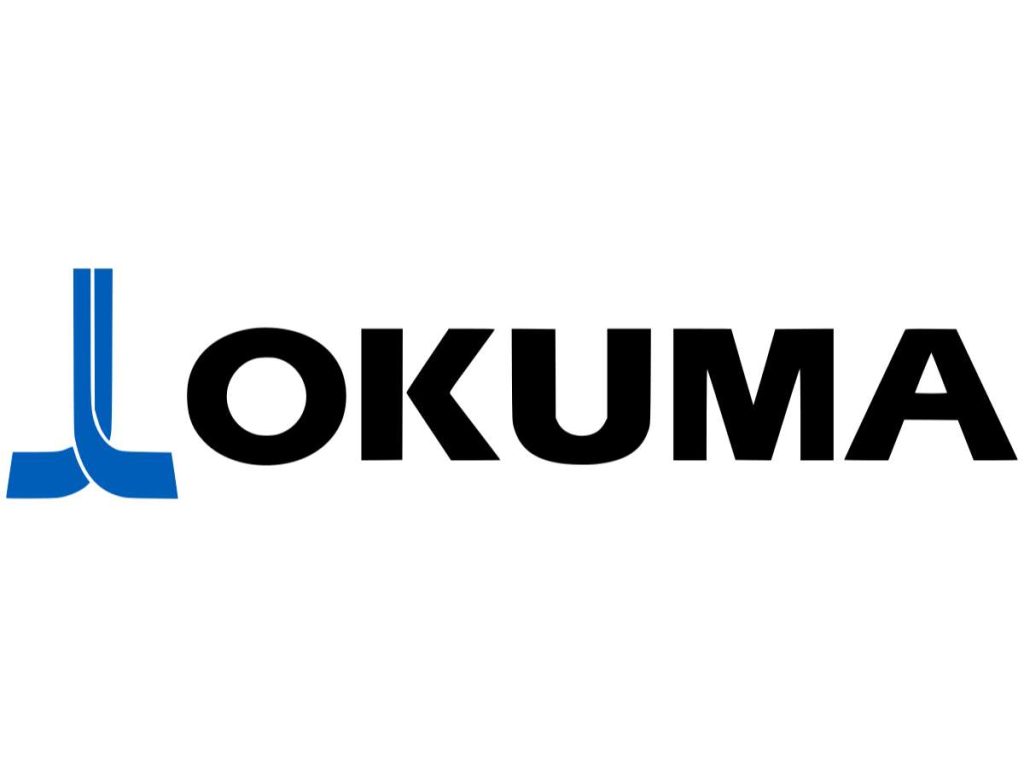
8. Autodesk Fusion 360 CNC Certification
In today’s manufacturing world, CAD/CAM skills are just as critical as machining expertise. If your team isn’t fluent in Autodesk Fusion 360, you’re already falling behind.
The Autodesk Fusion 360 CNC Certification is more than just a credential—it’s proof that an operator can efficiently program CNC machines, optimize toolpaths, and create high-precision parts without costly trial and error. If you want to eliminate wasted materials and machine downtime, this certification is a game-changer.
Importance
Fusion 360 isn’t just another CAD/CAM tool—it’s an all-in-one solution that streamlines everything from design to machining. With cloud-based collaboration and advanced simulation tools, it’s perfect for modern, high-efficiency manufacturing. Here’s why Fusion 360 CNC Certification is worth considering:
- Seamless CAD/CAM Integration: Operators can design, simulate, and program CNC machining all in one platform.
- Optimized Toolpaths: Reduces cycle times and material waste with precise programming.
- Cloud-Based Collaboration: Engineers, designers, and machinists can work together in real time.
Who Should Get This?
If you’re serious about cutting-edge manufacturing and digital workflows, Fusion 360 certification should be on your radar. This is ideal for:
- CNC Programmers: Learn to create optimized toolpaths and efficient G-code.
- Manufacturers Implementing Digital Workflows: Seamlessly integrate CAD, CAM, and CNC.
- Engineering Teams Working With Machinists: Ensures smooth transitions from design to production.
Certification Covered
Autodesk Fusion 360 CNC Certification isn’t just about basic design skills—it’s about real-world CNC programming. Here’s what the course covers:
- CAM Programming Basics: Understanding toolpath strategies and post-processing.
- Advanced Machining Techniques: Multi-axis machining and adaptive toolpath strategies.
- Simulation & Error Prevention: Identifying potential issues before running a job.
- Optimization & Automation: Using Fusion 360’s AI-driven tools to improve efficiency.
Cost
Fusion 360 CNC Certification is one of the most affordable and accessible CAD/CAM certifications:
- Exam Fees: Typically $150–$200, depending on the testing center.
- Training Costs: Many online courses range from $300–$1,500, depending on depth and hands-on instruction.
- Autodesk Training Partners: Some industry partnerships offer discounted or employer-sponsored programs.
Certification Sources
Fusion 360 certification is offered through:
- Autodesk University & Online Training Centers: Official Autodesk certification programs.
- Technical Colleges & Vocational Schools: Many engineering and manufacturing programs now include Fusion 360.
- Online Training Platforms: Autodesk-approved courses available globally.
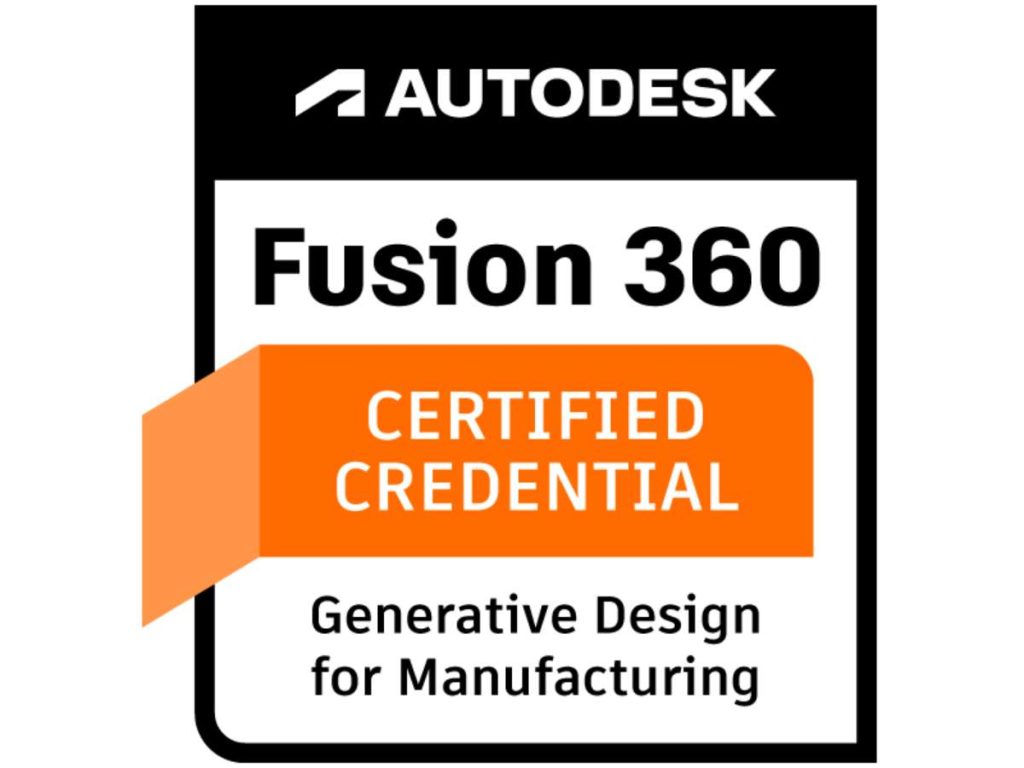
Conclusion
If I had known then what I know now, I would have hired certified machinists from the start. That one mistake cost me thousands—but you don’t have to make the same one.
This guide covered the best CNC certifications that ensure precision, efficiency, and reliability in your workforce.
Now, it’s your turn to put them to use.
Whether you’re training employees or hiring new talent, the right certification makes all the difference. Don’t leave it to chance.
Which certification will you choose first?
Let’s make it happen. Contact us today!
Recommended Reads for You
If you’re looking for more insights, we’ve put together a list of helpful articles that you might enjoy:
Still haven’t found what you’re looking for? Don’t hesitate to contact us. We’re available around the clock to assist you.
